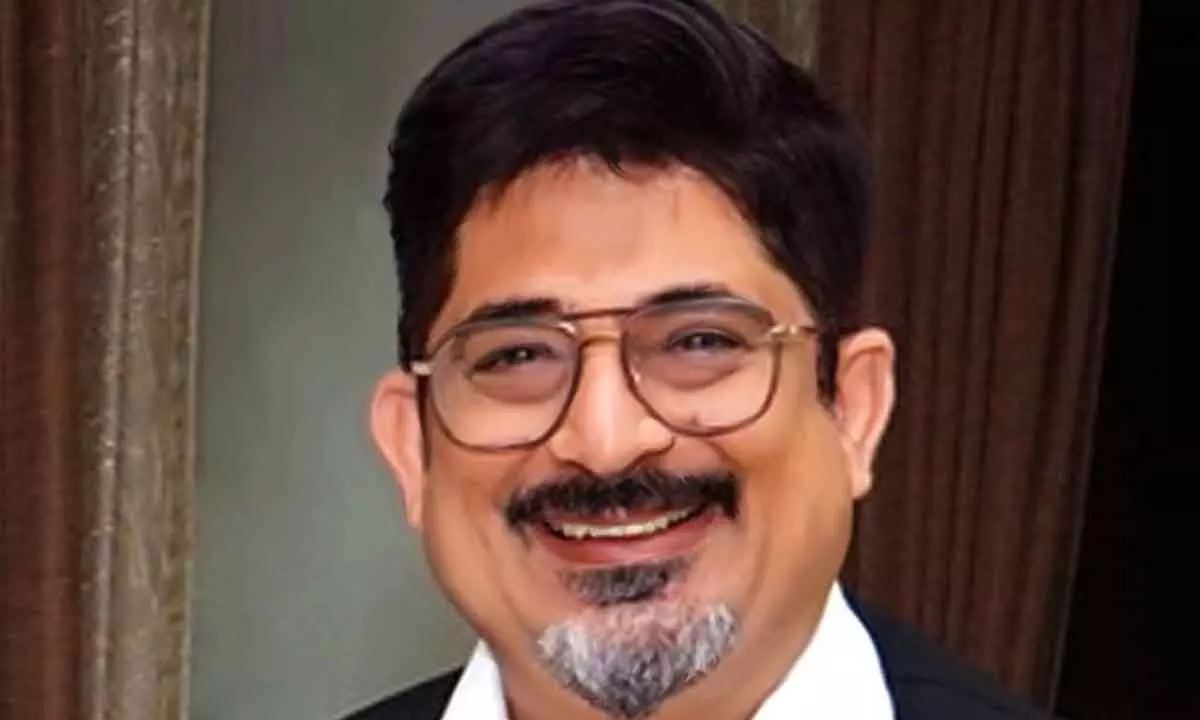EESL urges people to set ACs to 24 degrees Celsius to save energy
The rising demand for ACs presents significant challenges for India, affecting the nation’s electricity demand
image for illustrative purpose

Vijayawada: Due to excessive use of air-conditioners, Energy Efficiency Services Limited (EESL) has urged the powers-that-be, all the stakeholders and the people to opt for 24-degree Celsius default setting as part of energy efficient practices.
Driven by over 700 heatwaves in the last five decades, causing 17,000 deaths, India faces a surge in ACs’ demand. With 24 AC units per 100 households, cooling electricity consumption increased by 21 per cent between 2019 and 2022, constituting nearly 10 per cent of total demand. ACs now contribute to about 4.3 per cent of India’s electricity consumption. Anticipating a 20.8 per cent increase in AC usage in 2024, urgent measures are needed to enhance energy efficiency and sustainable practices.
In response, the country’s government agencies like Bureau of Energy Efficiency (BEE) and EESL have launched campaigns to counter these challenges. International agency reports predict a nine-fold increase in household AC ownership by 2050, potentially surpassing the electricity consumption of the entire African continent.
Amidst mounting challenges posed by the soaring demand for ACs with the increase in comfort factor, EESL, a joint venture of public sector companies under the Ministry of Power, said there is a need to practise and support initiatives like the 24-degree Celsius default setting in ACs with an aim for a greener and more sustainable India.
The rising demand for ACs presents significant challenges for India, affecting the nation’s electricity demand. The Government of India is actively implementing measures to mitigate the impact and address these challenges.
To address this, the Government of India introduced the Production Linked Incentives (PLI) program, investing $2.5 billion in boosting domestic manufacturing, including solar PV modules. BEE and EESL have played crucial roles, advocating a default setting of 24 degrees Celsius in air conditioners and promoting energy-efficient appliances. India aims to reduce cooling energy requirements by 25 per cent to 40 per cent and decrease refrigerant demand by 25-30 per cent by 2038, alleviating strain on the country’s electricity grid.
In response to escalating electricity demand driven by the surge in AC usage, EESL has launched India’s first Super-Efficient Air Conditioner, providing a 50 per cent boost in efficiency compared to 3-star rated ACs and 20 per cent more than 5-star rated ACs. This move, part of EESL’s program expansion to curb peak power demand, offers consumers a sustainable and affordable cooling solution while significantly reducing electricity bills.
EESL CEO Vishal Kapoor, after reviewing discussions with CGMs Animesh Mishra, Anil Choudary, Savitri Singh, and State units, has emphasised the crucial need for sustainable energy solutions amidst escalating electricity demand due to rising air conditioner usage. He underscored the urgency for public awareness campaigns to address this issue.
He said India has reduced cooling needs by implementing building codes, energy-efficient appliances, and demand response measures, easing the strain on the electricity grid.

